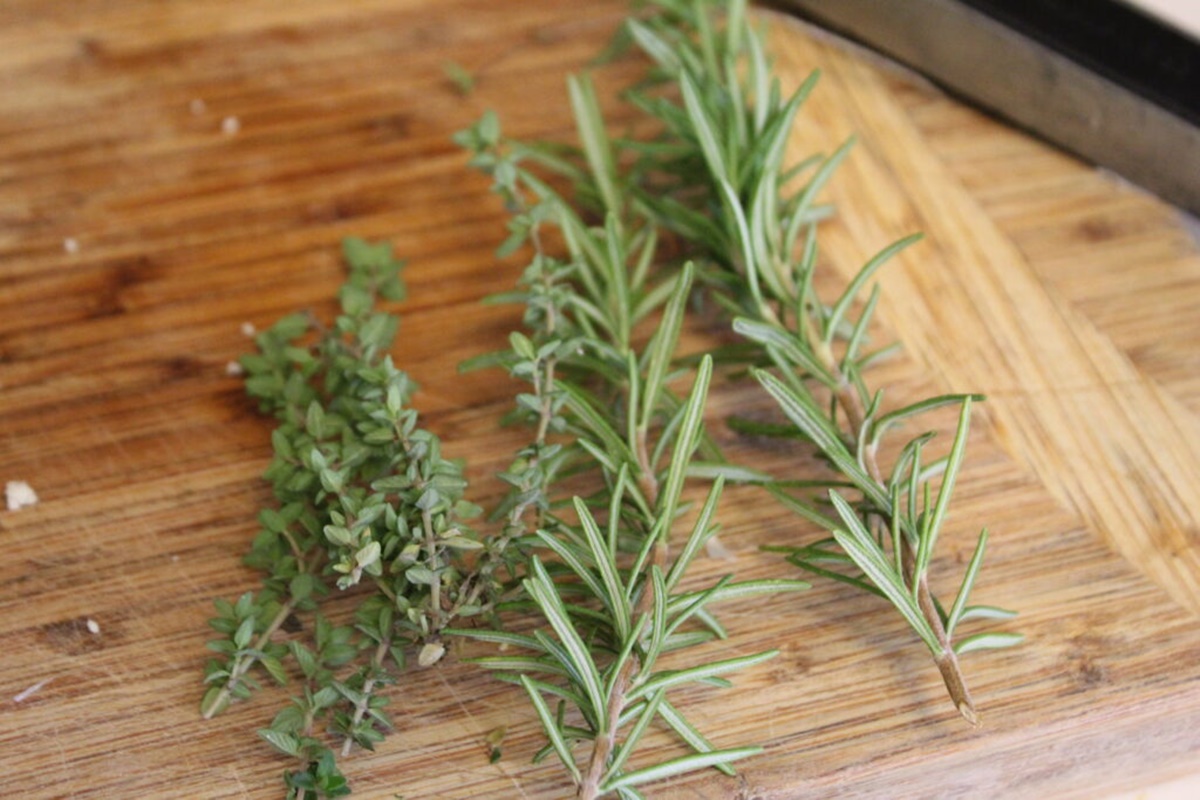

Articles
How To Store Rosemary And Thyme
Modified: January 19, 2024
Learn how to properly store rosemary and thyme with our informative articles. Keep your herbs fresh and flavorful for all your culinary creations.
(Many of the links in this article redirect to a specific reviewed product. Your purchase of these products through affiliate links helps to generate commission for Storables.com, at no extra cost. Learn more)
Introduction
Rosemary and thyme are two fragrant and flavorful herbs that can add a delightful touch to your culinary creations. Whether you’re using them in a recipe or simply enjoying their aromatic qualities, it’s important to know how to store these herbs properly. By storing rosemary and thyme correctly, you can ensure that they retain their freshness and flavor for as long as possible.
In this article, we will explore various methods for storing rosemary and thyme, both fresh and dried. We will also delve into some unique storage techniques, such as preserving these herbs in oil, vinegar, and salt. By the end of this article, you will have a comprehensive understanding of how to store rosemary and thyme, allowing you to make the most of these wonderful herbs in your cooking adventures.
So let’s dive in and discover the best ways to store rosemary and thyme!
Key Takeaways:
- Preserve the vibrant flavors of rosemary and thyme by storing them in oil, vinegar, or salt. Use freezing and refrigeration for fresh herbs, and glass jars for dried herbs to ensure maximum flavor retention.
- Extend the shelf life of rosemary and thyme with unique storage methods like freezing in ice cubes, infusing in vinegar, and preserving in salt. Handle the herbs gently and label containers for easy use.
Read more: How To Store Thyme And Rosemary
Storing Fresh Rosemary and Thyme
When it comes to storing fresh rosemary and thyme, the key is to keep them in the best possible condition while preserving their vibrant flavor and fragrance. Here are a few methods you can use:
1. Refrigerating in a Damp Paper Towel
One simple and effective method is to wrap the fresh herbs in a damp paper towel and store them in a plastic bag or an airtight container in the refrigerator. The damp paper towel helps to maintain the herbs’ moisture, keeping them fresh for a longer period. Make sure to change the paper towel if it becomes dry.
2. Water Storage Method
Another way to prolong the life of fresh rosemary and thyme is by treating them like a bouquet of flowers. Trim the bottom part of the stems and place them in a glass or jar filled with water, just enough to cover the stems’ ends. Cover the herbs loosely with a plastic bag and store them in the refrigerator. This method can help keep the herbs hydrated and fresh for up to a week.
3. Herb Keeper or Herb Saver
If you frequently use fresh herbs and want to maximize their shelf life, investing in an herb keeper or herb saver can be a great idea. These specially designed containers provide an optimal storage environment for herbs, including rosemary and thyme. They typically have a water reservoir at the bottom and a liner to keep the herbs fresh for an extended period.
Remember, no matter which method you choose, it’s important to handle the herbs gently and avoid crushing or bruising the delicate leaves. This will help retain their flavors and aromas.
Now that we have explored the best ways to store fresh rosemary and thyme, let’s move on to the next section: storing dried rosemary and thyme.
Read more: How To Store Fresh Thyme And Rosemary
Storing Dried Rosemary and Thyme
Dried rosemary and thyme are excellent pantry staples that can add a burst of flavor to your dishes, even long after the fresh herbs have wilted. Here are some tips for storing dried rosemary and thyme:
1. Glass Jars or Airtight Containers
Transfer your dried rosemary and thyme into glass jars or airtight containers to protect them from moisture, light, and air. Make sure the jars or containers are clean and dry before adding the herbs. This method helps to retain their potency and keeps them fresh for an extended period.
2. Store in a Cool, Dark Place
Dried herbs are most vulnerable to losing their flavor when exposed to heat, light, and humidity. Store your dried rosemary and thyme in a cool, dark place, such as a pantry or cabinet away from direct sunlight or heat sources like stoves or ovens.
3. Label and Date your Containers
To keep track of the freshness of your dried rosemary and thyme, it’s important to label and date the containers. This ensures that you use the oldest herbs first to maintain the best flavor profiles in your recipes.
Read more: How To Store Fresh Rosemary And Thyme
4. Avoid Crushing the Herbs
Unlike fresh herbs, dried rosemary and thyme can withstand some pressure. However, it’s still best to avoid crushing the herbs until you are ready to use them. Crushing releases the aromatic oils, which can gradually evaporate, reducing the overall flavor potency.
By following these guidelines, your dried rosemary and thyme can stay flavorful for up to a year or even longer.
Next, I will discuss another interesting method of storing rosemary and thyme: preserving them in oil.
Storing Rosemary and Thyme in Oil
Preserving rosemary and thyme in oil is a wonderful way to capture their flavors and create infused oils that can be used in various culinary applications. Here’s how you can store rosemary and thyme in oil:
1. Choose the Right Oil
When selecting an oil for infusing with rosemary and thyme, opt for a neutral oil with a high smoke point, such as olive oil, grapeseed oil, or sunflower oil. These oils can withstand higher temperatures and won’t overpower the herbs’ flavors.
2. Prepare the Herbs and Oil
Clean and dry the rosemary and thyme sprigs, removing any dirt or moisture. Place them in a sterilized glass jar or bottle. Gently bruise the herbs by lightly crushing them with a mortar and pestle or by rolling them between your hands. This helps release their essential oils.
Read more: How To Freeze Thyme And Rosemary
3. Fill the Jar with Oil
Pour the chosen oil into the jar, ensuring that the herbs are fully submerged. Leave some headspace at the top for expansion. Make sure there are no air bubbles trapped in the jar. Use a clean utensil or skewer to dislodge any bubbles.
4. Infusion and Storage
Seal the jar tightly and store it in a cool, dark place for about two weeks, allowing the flavors of the herbs to infuse into the oil. Give the jar a gentle shake every few days to enhance the infusion process. After two weeks, strain the oil using a fine-mesh sieve or cheesecloth to remove the herbs. Transfer the infused oil into a clean bottle or jar, ensuring it is properly labeled and dated.
The infused oil can be used in various culinary applications, like dressings, marinades, and drizzling over roasted vegetables or grilled meats. It adds a lovely hint of rosemary and thyme flavors to your dishes.
Now that we’ve explored how to store rosemary and thyme in oil, let’s move on to another preservation method: freezing.
Freezing Rosemary and Thyme
Freezing is a great method for preserving the vibrant flavors and aromas of rosemary and thyme. Here’s how you can freeze these herbs:
1. Flash Freezing Method
The flash freezing method is ideal for preserving individual sprigs of rosemary and thyme. Start by washing and patting dry the fresh herbs. Once dry, lay the sprigs on a baking sheet lined with parchment paper, making sure they are not touching. Place the baking sheet in the freezer for a few hours until the herbs are frozen solid. Transfer the frozen sprigs into freezer-safe bags or airtight containers. Label and date them before placing them back in the freezer.
Read more: What To Do With Fresh Thyme And Rosemary
2. Chopping and Freezing Method
If you prefer pre-chopped herbs for easy use in your recipes, you can chop the rosemary and thyme leaves before freezing them. Start by removing the leaves from the stems and chop them to your desired size. Spread the chopped herbs on a baking sheet lined with parchment paper, ensuring they are evenly spread out. Place the sheet in the freezer for a few hours until the herbs are frozen. Transfer the frozen chopped herbs into freezer-safe bags or containers. Again, remember to label and date them.
3. Freezing in Ice Cubes
Another popular method is to freeze rosemary and thyme in ice cubes. Simply place individual rosemary leaves or thyme leaves in an ice cube tray and fill each section with water or olive oil. Freeze until solid, then transfer the frozen herb cubes into a freezer bag. This method allows you to easily add herbs to your dishes, as the cubes can be dropped directly into soups, stews, or sauces.
When using frozen rosemary and thyme, there’s no need to thaw them before use. You can add them directly to your recipes, whether it’s a savory dish or a refreshing beverage.
Next, let’s explore an unconventional method of storing rosemary and thyme: in vinegar.
Storing Rosemary and Thyme in Vinegar
Preserving rosemary and thyme in vinegar is a unique and flavorful way to enjoy these herbs in your culinary creations. Here’s how you can store rosemary and thyme in vinegar:
1. Select the Right Vinegar
When choosing vinegar for this preservation method, it’s best to opt for a mild and neutral vinegar, such as white wine vinegar or apple cider vinegar. These types of vinegar won’t overpower the flavors of the herbs and will create a delightful infusion.
2. Clean and Prepare the Herbs
Start by washing the rosemary and thyme sprigs thoroughly, removing any dirt or impurities. Pat them dry with a kitchen towel or paper towels to remove excess moisture. You can also lightly bruise the herbs to help release their flavors.
3. Infuse the Herbs in Vinegar
Place the clean and dry herbs in a sterilized jar or bottle. Pour the selected vinegar over the herbs, ensuring they are fully submerged. Seal the container tightly and give it a gentle shake to distribute the vinegar evenly. Store the jar in a cool, dark place for at least two weeks, allowing the herbs to infuse into the vinegar. Shake the jar occasionally during this time to enhance the infusion process.
4. Strain and Store
After two weeks, strain the infused vinegar using a fine-mesh sieve or cheesecloth to remove the herbs. Transfer the flavored vinegar into a clean bottle or jar, ensuring it is properly labeled and dated. The infused vinegar can be used in dressings, marinades, or as a tangy addition to various dishes. It adds a distinct rosemary and thyme flavor to your recipes.
Remember to store the infused vinegar in a cool, dark place to maintain its quality and flavor.
Now that we’ve explored storing rosemary and thyme in vinegar, let’s move on to another unconventional method: preserving them in salt.
Storing Rosemary and Thyme in Salt
Preserving rosemary and thyme in salt is a unique and versatile method that not only helps to extend their shelf life but also creates a flavorful seasoning that can enhance your dishes. Here’s how you can store rosemary and thyme in salt:
Read more: How To Store Rosemary
1. Coarse or Kosher Salt
For this preservation method, it’s best to use coarse or kosher salt, as the larger granules help to preserve the herbs effectively. The salt acts as a desiccant, drawing out the moisture from the herbs and preventing spoilage.
2. Drying the Herbs
Start by washing the rosemary and thyme sprigs and patting them dry with a kitchen towel or paper towels. Remove the leaves from the stems and spread them out on a baking sheet lined with parchment paper. Place the baking sheet in an oven set to the lowest temperature or use a food dehydrator. Allow the herbs to dry completely until crispy and crumbly, usually taking a few hours.
3. Creating the Salt Herb Mixture
Pour a layer of the coarse or kosher salt into a clean and dry jar or container. Add a layer of the dried rosemary and thyme leaves on top of the salt. Continue alternating layers of salt and herbs until the jar is filled, making sure the herbs are fully covered with salt. Seal the container tightly to prevent moisture from entering.
4. Storing and Using
Store the jar in a cool, dark place, away from moisture and direct sunlight, to maintain the quality of the salt-preserved herbs. When you need to use rosemary or thyme in a recipe, simply remove the desired amount from the jar and brush away any excess salt. The herbs can be chopped or crumbled before adding them to your dishes.
The salt-preserved rosemary and thyme can be used as a flavorful seasoning for roasted meats, vegetables, soups, stews, and marinades. The salt also absorbs the flavors of the herbs, creating a unique and delicious seasoning blend.
Now that we’ve explored storing rosemary and thyme in salt, let’s conclude this article.
Read more: How To Store Fresh Rosemary
Conclusion
Properly storing rosemary and thyme is essential for preserving their flavors and extending their shelf life. Whether you have fresh or dried herbs, there are various storage methods you can utilize to keep them fresh and ready for your culinary adventures.
For fresh rosemary and thyme, refrigerating them in a damp paper towel or in water can help maintain their moisture and freshness. Investing in an herb saver or herb keeper can also ensure their longevity.
Dried rosemary and thyme can be stored in glass jars or airtight containers in a cool, dark place. Labeling and dating the jars will help you keep track of their freshness.
Preserving rosemary and thyme in oil creates flavorful infused oils that can enhance your dishes. Flash freezing or chopping and freezing the herbs can retain their flavors for future use. Freezing them in ice cubes is another convenient option.
Infusing rosemary and thyme in vinegar creates tangy and flavorful vinegars that can be used in dressings and marinades. Preserving the herbs in salt not only extends their shelf life but also creates a unique seasoning blend.
Remember to handle the herbs gently to preserve their flavors and aromas. Labeling and dating your storage containers will help you keep track of their freshness and use them in the correct order.
By utilizing these storage methods, you can make the most of your rosemary and thyme, ensuring that they remain fresh, aromatic, and ready to elevate your culinary creations.
So go ahead, stock up on these delightful herbs, and enjoy the flavors they bring to your dishes!
Frequently Asked Questions about How To Store Rosemary And Thyme
Was this page helpful?
At Storables.com, we guarantee accurate and reliable information. Our content, validated by Expert Board Contributors, is crafted following stringent Editorial Policies. We're committed to providing you with well-researched, expert-backed insights for all your informational needs.
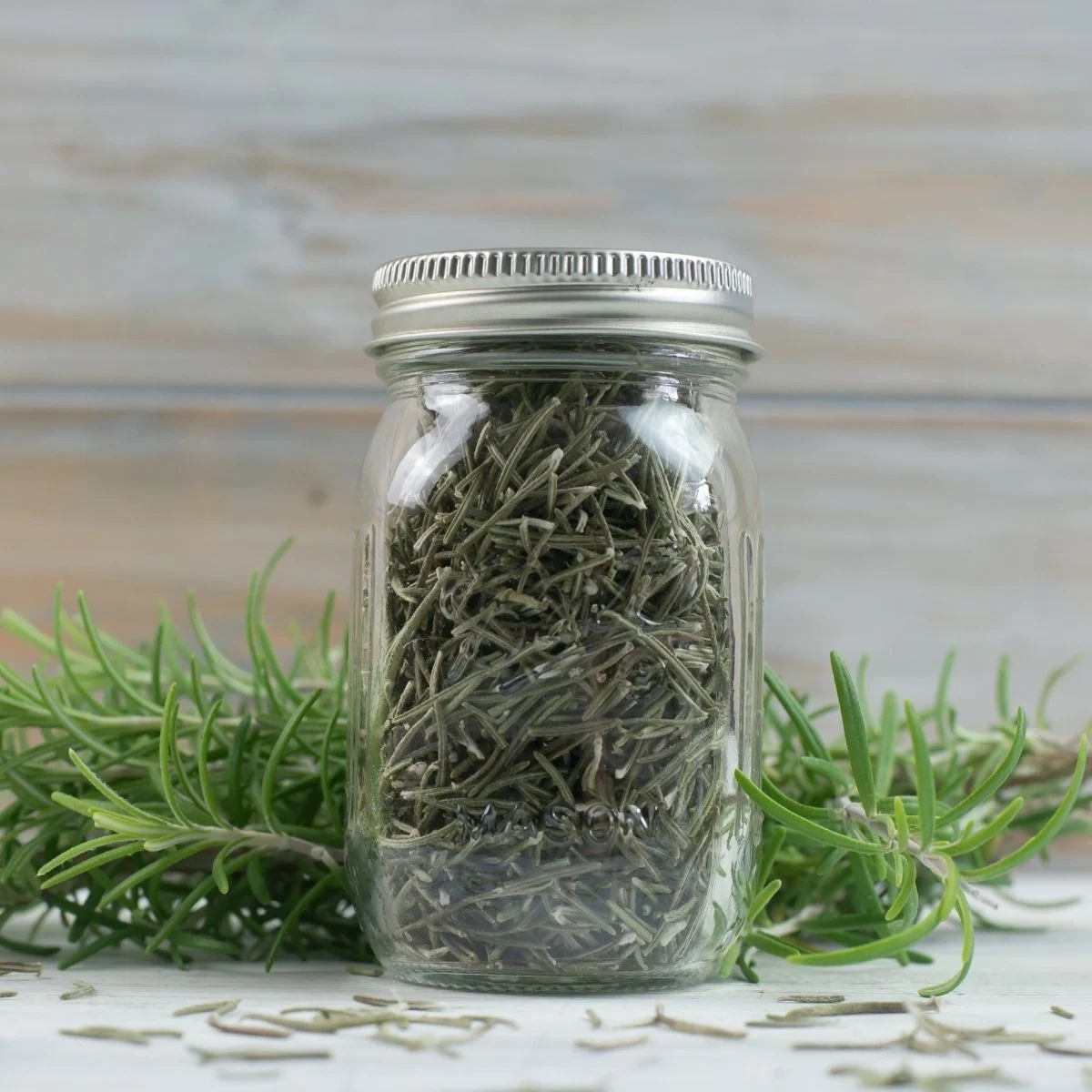
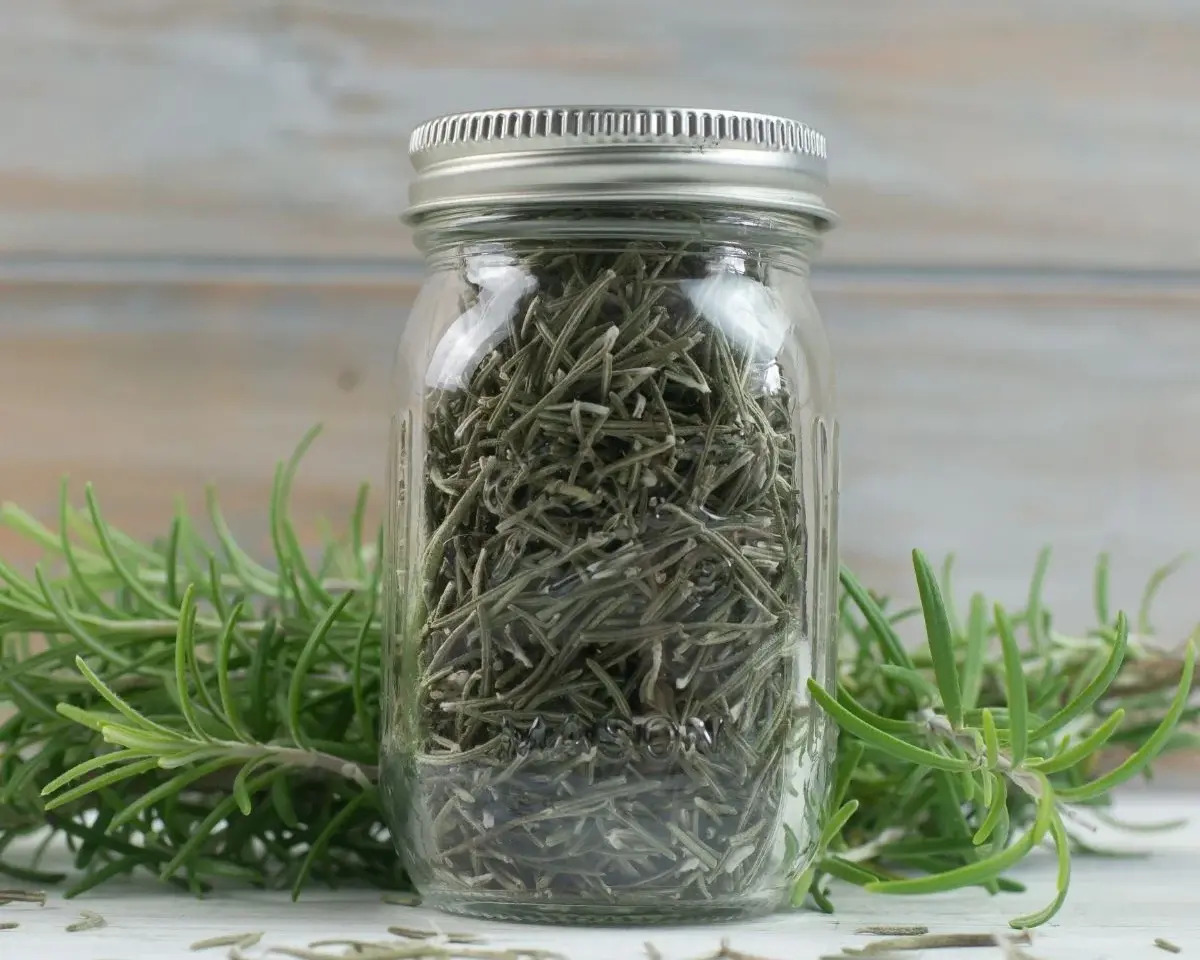
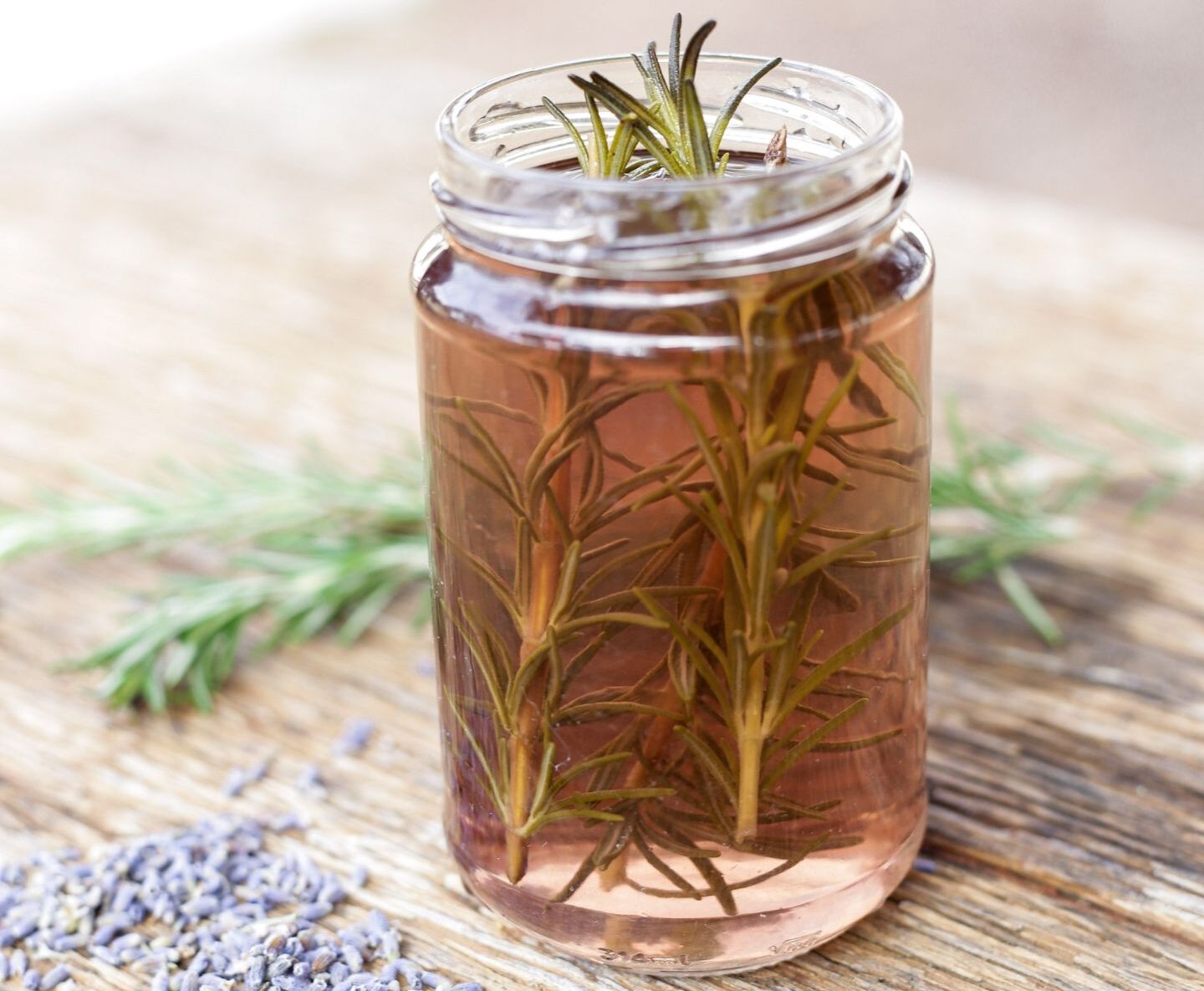
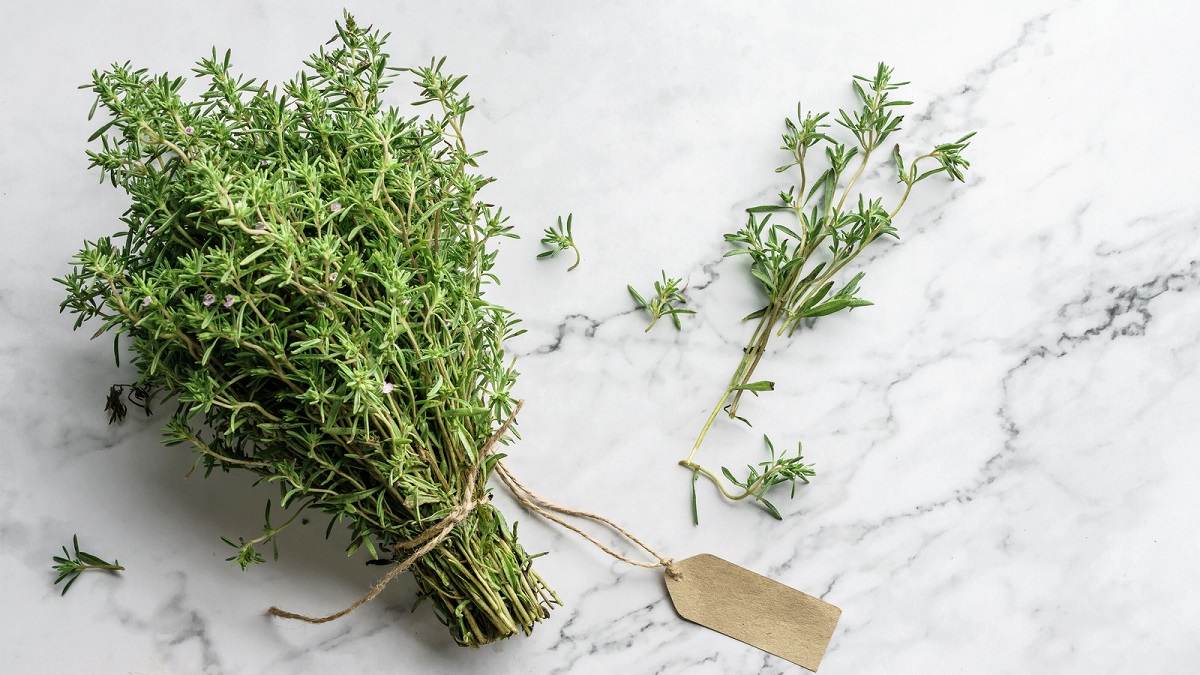
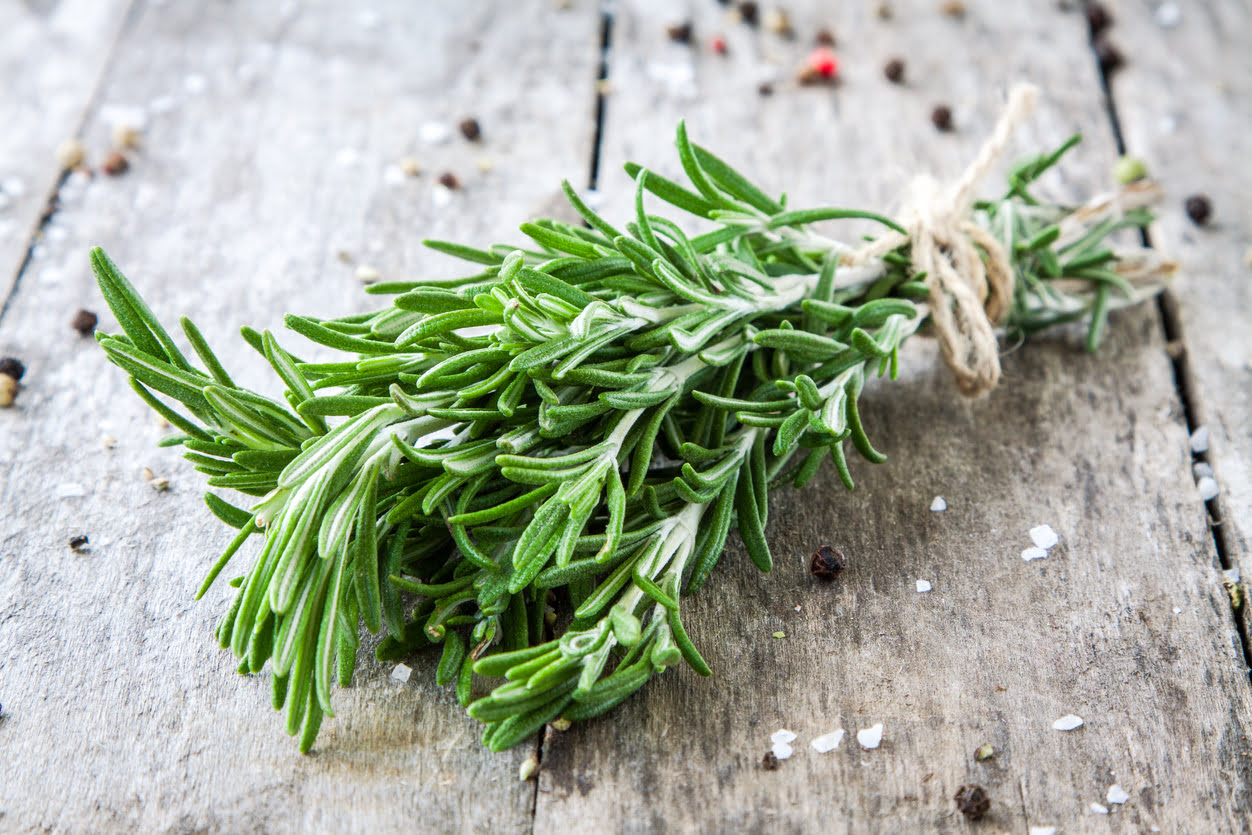
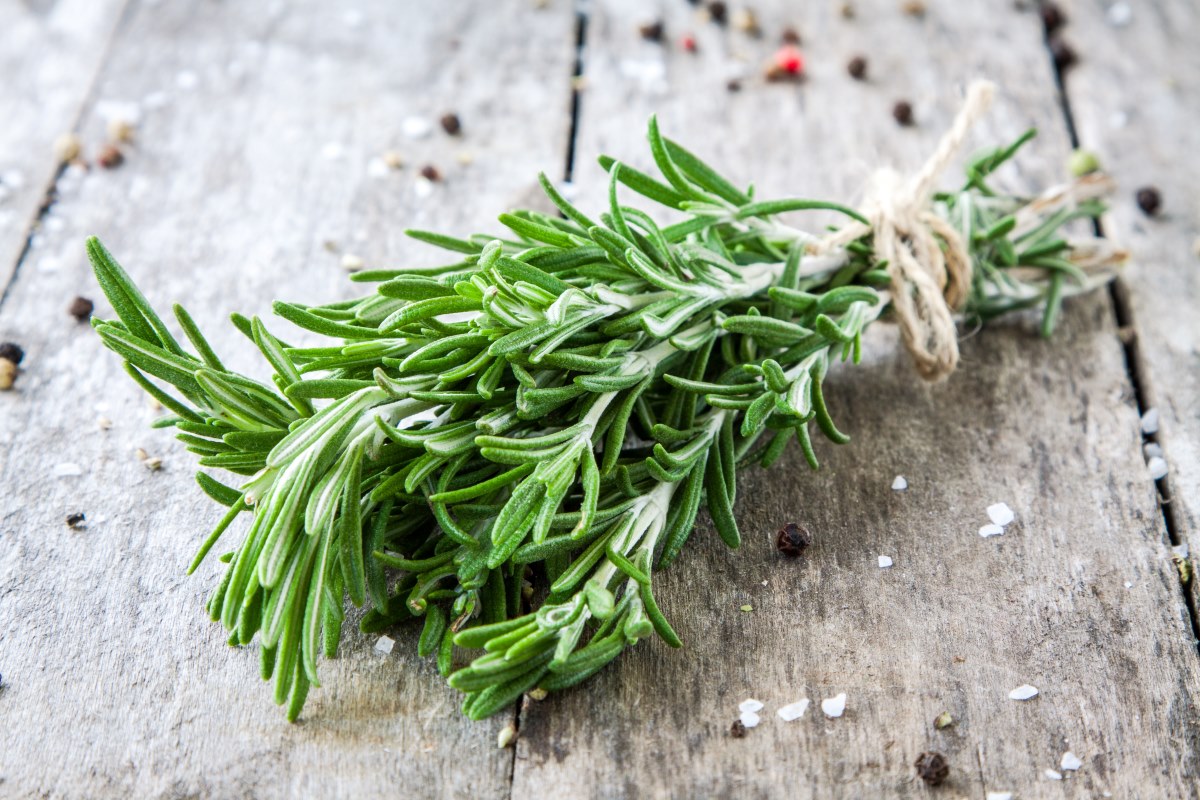
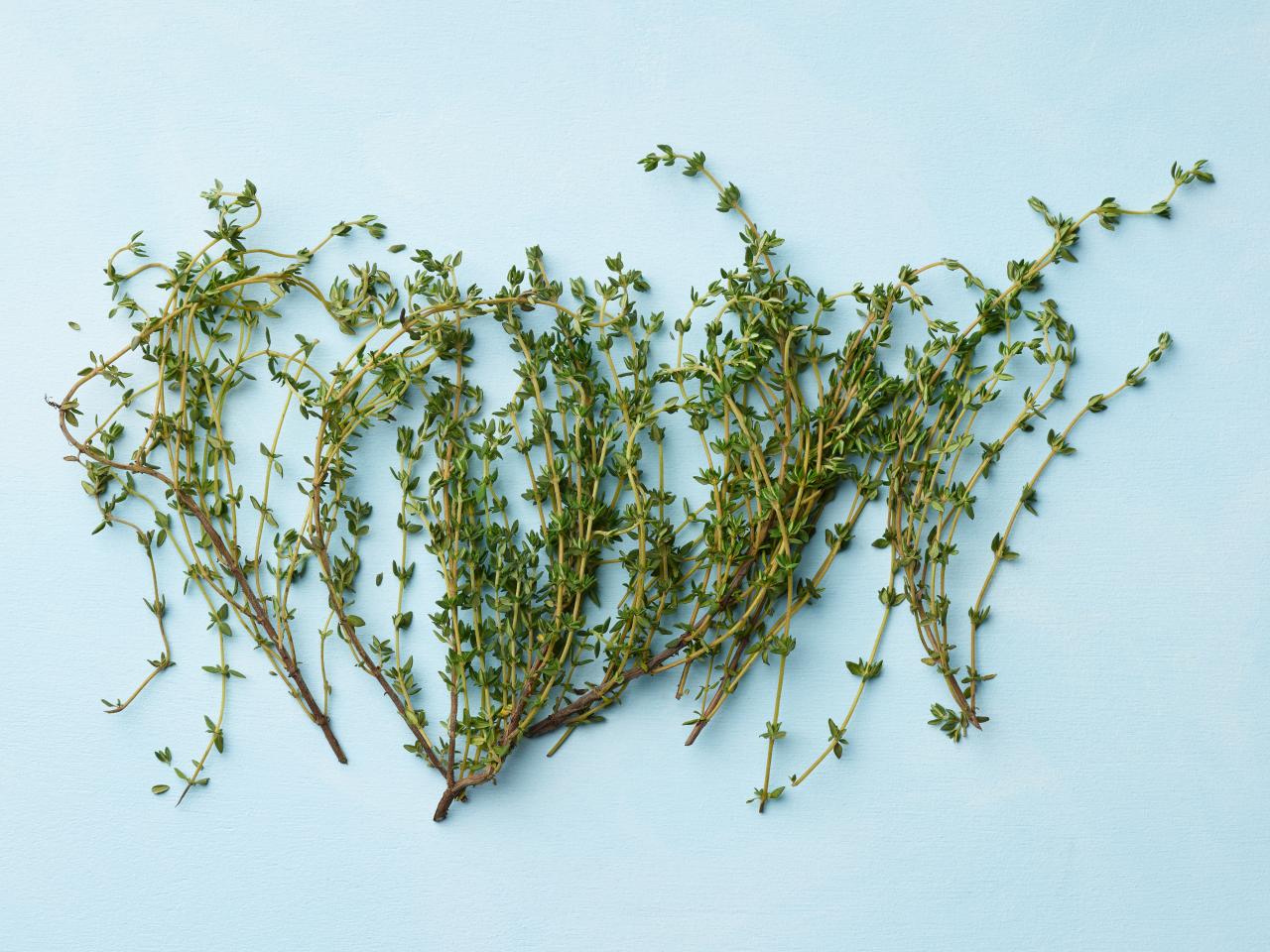
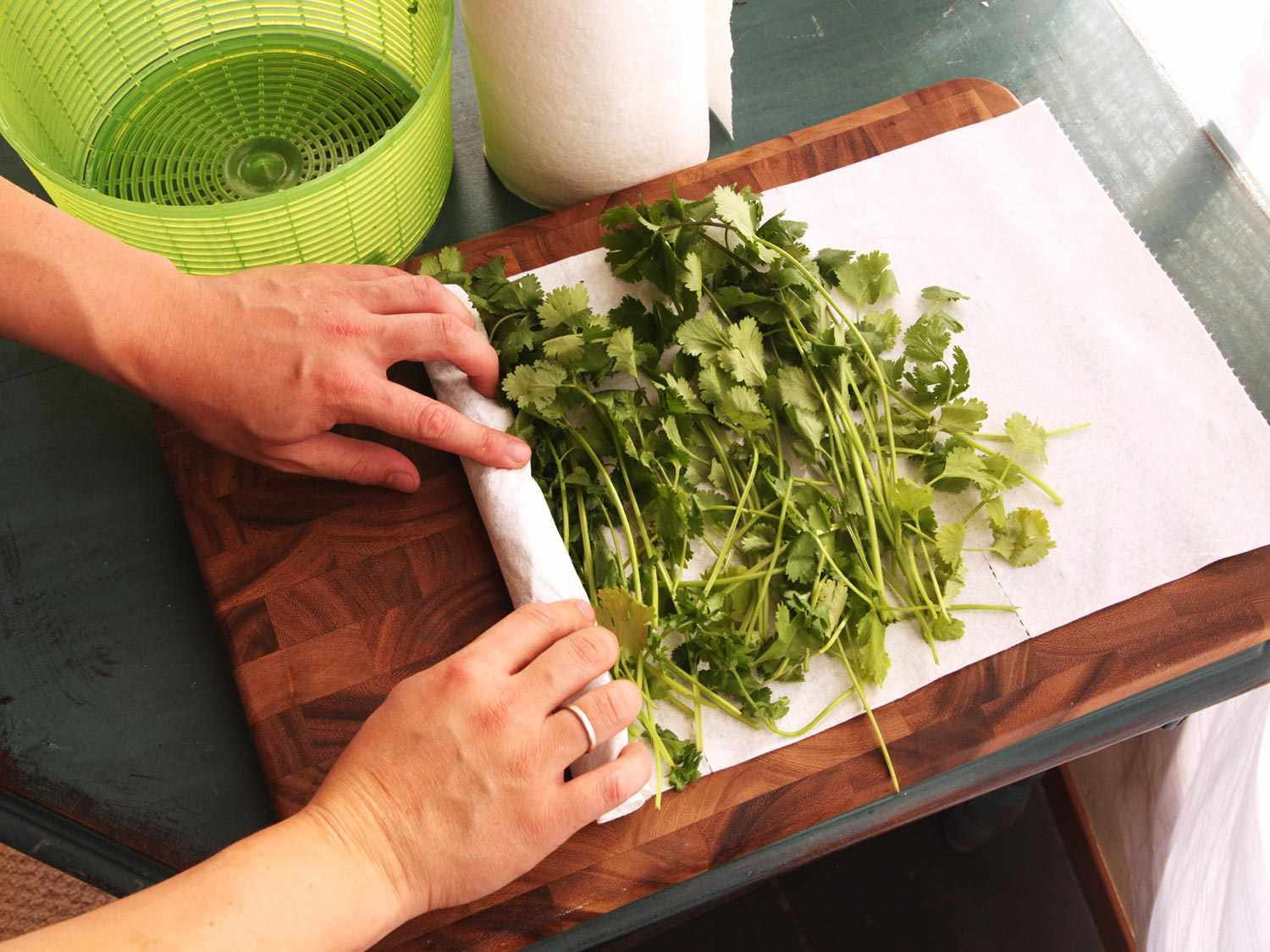

0 thoughts on “How To Store Rosemary And Thyme”